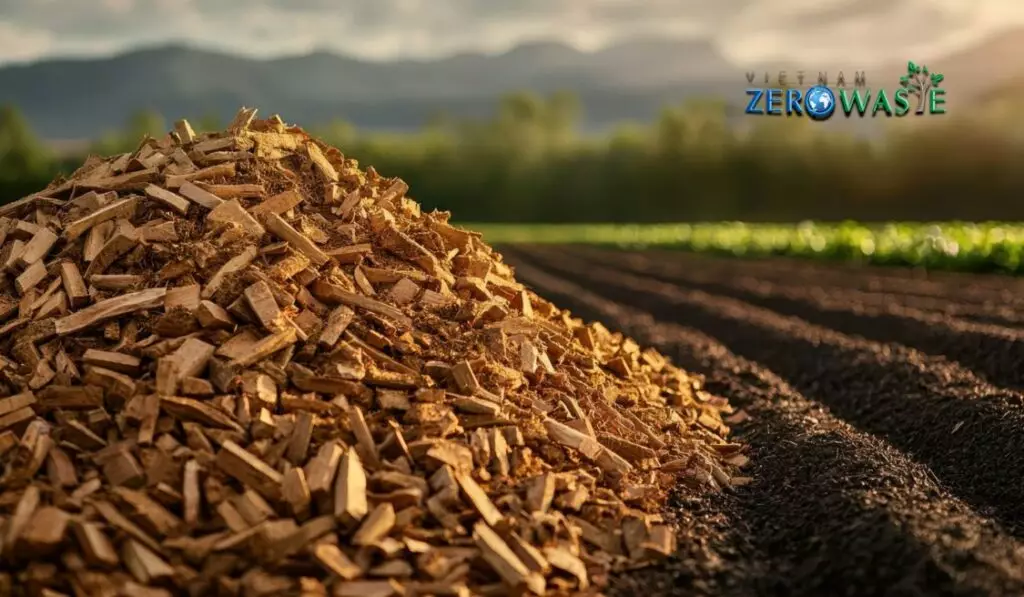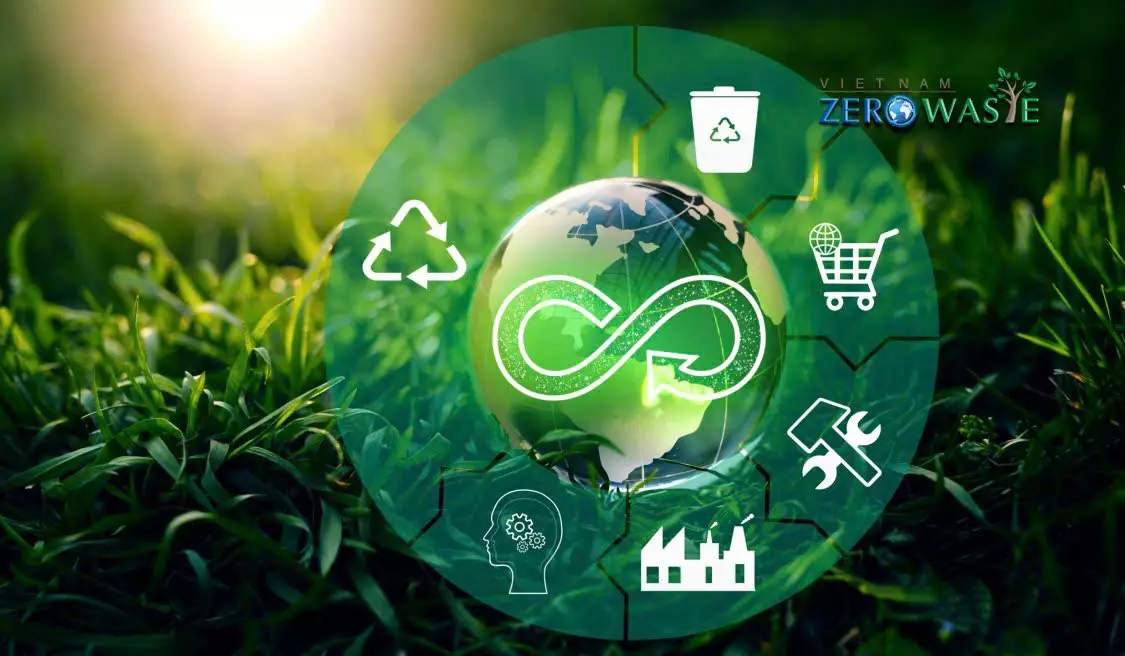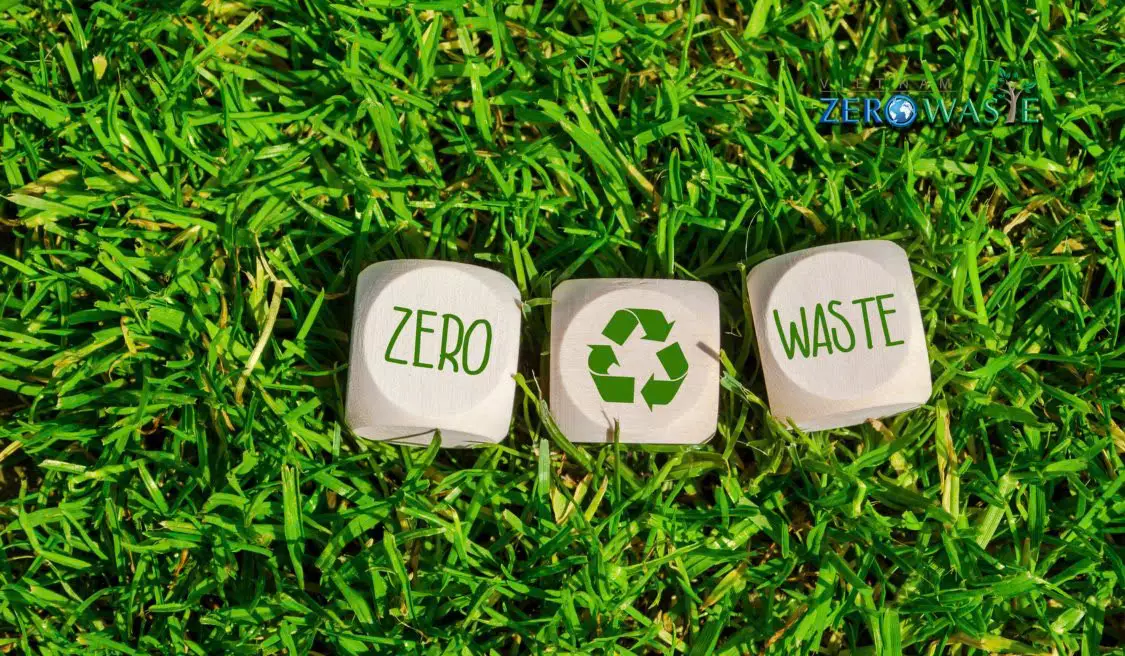
As the global economy accelerates its transition toward low-carbon and sustainable energy systems, biomass has emerged as a strategic energy alternative, particularly in countries with strong agricultural foundations such as Vietnam. With its dual advantages—renewable origin and cost-effectiveness—biomass plays a critical role in helping businesses reduce dependence on fossil fuels while fulfilling their environmental commitments. Biomass is a promising alternative to fossil fuels, but it is crucial to ensure that biomass fuel adheres to clear and reliable quality standards, both domestically and internationally.
While the adoption of biomass is growing, many enterprises continue to face challenges in applying consistent quality standards, navigating technical parameters, and complying with evolving regulatory frameworks.
 As of 2025, Vietnam generated approximately 160 million tonnes of agricultural and forestry by-products annually—a substantial resource for developing the biomass energy market. With supportive policies on resource reuse and circular agriculture, this volume is expected to increase, offering a golden opportunity for Vietnam to promote biomass energy solutions that are both cost-effective and environmentally friendly.
Biomass fuel refers to organic waste materials that can be burned to generate energy. Common sources include:
As of 2025, Vietnam generated approximately 160 million tonnes of agricultural and forestry by-products annually—a substantial resource for developing the biomass energy market. With supportive policies on resource reuse and circular agriculture, this volume is expected to increase, offering a golden opportunity for Vietnam to promote biomass energy solutions that are both cost-effective and environmentally friendly.
Biomass fuel refers to organic waste materials that can be burned to generate energy. Common sources include:
 Ensuring biomass fuel quality goes beyond just efficiency—it is a critical factor for emission control and safe system operation. Below are three key reasons why businesses must prioritize biomass fuel quality as a core part of their operational and sustainability strategies:
Ensuring biomass fuel quality goes beyond just efficiency—it is a critical factor for emission control and safe system operation. Below are three key reasons why businesses must prioritize biomass fuel quality as a core part of their operational and sustainability strategies:

 At Vietnam Zero Waste, we provide end-to-end solutions for businesses using biomass boilers—centered around a high-quality fuel supply chain, combined with operation and maintenance services.
We offer:
At Vietnam Zero Waste, we provide end-to-end solutions for businesses using biomass boilers—centered around a high-quality fuel supply chain, combined with operation and maintenance services.
We offer:
What is Biomass?
 As of 2025, Vietnam generated approximately 160 million tonnes of agricultural and forestry by-products annually—a substantial resource for developing the biomass energy market. With supportive policies on resource reuse and circular agriculture, this volume is expected to increase, offering a golden opportunity for Vietnam to promote biomass energy solutions that are both cost-effective and environmentally friendly.
Biomass fuel refers to organic waste materials that can be burned to generate energy. Common sources include:
As of 2025, Vietnam generated approximately 160 million tonnes of agricultural and forestry by-products annually—a substantial resource for developing the biomass energy market. With supportive policies on resource reuse and circular agriculture, this volume is expected to increase, offering a golden opportunity for Vietnam to promote biomass energy solutions that are both cost-effective and environmentally friendly.
Biomass fuel refers to organic waste materials that can be burned to generate energy. Common sources include:
- Agricultural by-products: rice husks, straw, corn cobs,…
- Forestry residues: sawdust, wood chips, wood bark,…
Why Is Biomass Quality Control Essential?
 Ensuring biomass fuel quality goes beyond just efficiency—it is a critical factor for emission control and safe system operation. Below are three key reasons why businesses must prioritize biomass fuel quality as a core part of their operational and sustainability strategies:
Ensuring biomass fuel quality goes beyond just efficiency—it is a critical factor for emission control and safe system operation. Below are three key reasons why businesses must prioritize biomass fuel quality as a core part of their operational and sustainability strategies:
Optimize Biomass Energy Conversion Efficiency:
- High moisture content reduces combustion efficiency, as more energy is required to evaporate water before meaningful energy release can occur—leading to increased fuel consumption and operating costs
- High ash content results in the formation of non-combustible residues, which hinder the combustion process, increase residue management efforts, and potentially disrupt equipment operations.
- Low calorific value means a greater volume of biomass must be consumed to produce the same amount of energy, stressing material handling and storage systems and raising the overall cost of energy production.
Ensure Emission Safety and System Integrity:
Monitoring and maintaining biomass fuel quality is essential not just for performance, but also for environmental and operational safety- Fuels with inconsistent moisture levels, excessive ash, or physical contaminants tend to burn unevenly, leaving behind residues that may cause localized overheating. These hotspots and residual build ups can increase the risk of uncontrolled combustion events, equipment malfunction, or even fire hazards.
- In addition, poor fuel quality may lead to elevated emissions of particulate matter, CO, NOx, and volatile organic compounds (VOCs)—posing risks to environmental compliance and public health.
Build Credibility and Brand Recognition:
Consistently maintaining biomass fuel quality boosts operational performance and enhances a company’s credibility among clients and partners. Achieving international certifications like ENplus or ISO 17225 makes it easier to access export markets, which typically enforce strict quality requirements. More importantly, it strengthens your brand identity in global markets and affirms your commitment to sustainability and ESG (Environmental, Social, Governance)standards.Overview of Domestic and International Biomass Fuel Standards

International Standards
To ensure operational efficiency and export readiness, biomass fuels must comply with clearly defined quality benchmarks. Globally, the most recognized standards include:ENplus® (EU Standard for Wood Pellets)
Targeted at businesses exporting or utilizing wood pellets, ENplus includes three quality grades: A1, A2, and B.| Criteria | A1 Standard |
| Moisture Content | ≤ 10% |
| Ash Content | ≤ 0.7% |
| Lower Heating Value | ≥ 16.5 MJ/kg (3,950 kcal/kg) |
| Mechanical Durability | ≥ 98% |
| Impurities | ≤ 0.1% |
ISO 17225 – Global Biomass Standard
Applicable to pellets, chips, and mixed biomass, this standard classifies fuel based on origin, physical form, moisture, ash content, energy value, and impurity levels.Current State of Biomass Standards in Vietnam
Vietnam currently lacks a unified national quality standard for all biomass fuel types. Most producers and users rely on market conventions, with limited testing procedures and no standardized evaluation framework. Nonetheless, the Ministry of Natural Resources and Environment enforces strict environmental regulations during fuel usage, including:- QCVN 19:2024/BTNMT – National Technical Regulation on Industrial Emissions
- Circular 06/2025/TT-BTNMT – Regulation on Industrial Wastewater Limits and Treatment
Vietnam Zero Waste’s Comprehensive Biomass Solutions
 At Vietnam Zero Waste, we provide end-to-end solutions for businesses using biomass boilers—centered around a high-quality fuel supply chain, combined with operation and maintenance services.
We offer:
At Vietnam Zero Waste, we provide end-to-end solutions for businesses using biomass boilers—centered around a high-quality fuel supply chain, combined with operation and maintenance services.
We offer:
- Standardized biomass fuel, tightly monitored for moisture, ash, and energy content.
- Professional boiler operation services, ensuring fuel efficiency and consistent output.
- Routine maintenance, helping to extend equipment life and minimize downtime.



